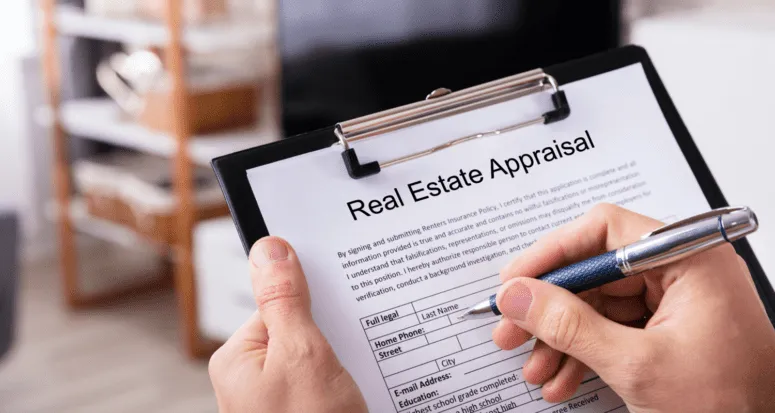When purchasing a home, many contingencies and waivers come into play during the negotiation process. Understanding appraisal contingency and waiver which is one of the most significant ones is important. Both buyers and sellers need to understand the implications of these clauses before making decisions. This blog post will explain what appraisal contingency and waiver mean and how they impact real estate transactions.
Appraisal Contingency
Appraisal contingency is a common clause present in most purchase agreements. It states that the buyer can back out of the deal if the property’s appraisal value is lower than the purchase price. In other words, if a buyer discovers that the property’s appraised value is lower than the price they have offered, they can withdraw their offer without penalty. This provides a level of protection for the buyer, given that they don’t want to overpay for a property. In contrast, the seller would want to get the best price possible for their property.
Appraisal Waiver
On the other hand, an appraisal waiver is a clause that allows the buyer to waive their right to an appraisal contingency. In doing so, they assume the risk of the appraised value falling below the purchase price. Buyers usually waive the appraisal contingency to make their offer more attractive to the seller. By doing so, they’re telling the seller that they’re committed to the deal regardless of the appraised value. However, as a buyer, you need to be sure you have the financial means to close the deal if the appraised value is lower than expected.
Mortgage Requirement
Sellers must be aware of the risks associated with a waived appraisal contingency. If the sale fails to meet the appraisal value, the lender might refuse to provide financing. In this scenario, sellers must be prepared to reduce their asking price to match the appraisal value or find another buyer. Conversely, if the appraisal comes in higher than the purchase price, the buyer still has the option to back out under an appraisal contingency.
It’s also crucial to note that some mortgage lenders require an appraisal even if the buyer still needs to include an appraisal contingency in the purchase agreement. The appraisal is for the lender’s internal property valuation in such cases. They must ensure the property’s value is sufficient to cover the loan amount. The appraisal also helps the lender to determine how much equity is available in the property.
An appraisal contingency protects a buyer against overpaying for a property. On the other hand, an appraisal waiver is an attractive offer to the seller and provides a better chance of closing a deal in a competitive market. However, both parties need to be aware of the risks associated with either option. Buyers need to understand the financial risks and have the funds available if the appraisal value is lower than expected. Sellers need to consider the potential repercussions of accepting a waived appraisal contingency, and be prepared to negotiate if the appraisal value falls short of the purchase price. Understanding appraisal contingency and waiver in real estate and consulting with your real estate agent can help make informed decisions to ensure a smooth and successful transaction.



Leave a Reply